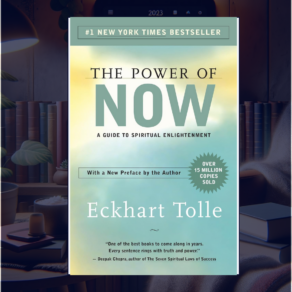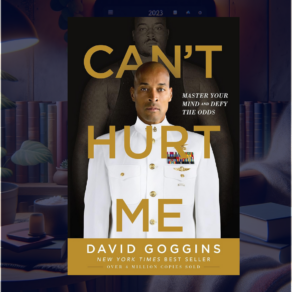In “Principles: Life and Work,” Ray Dalio invites us into his remarkable journey from a middle-class Long Island neighborhood to the helm of Bridgewater Associates, one of the most successful hedge funds in history. This book, which I greatly enjoyed and learned a lot from, isn’t merely a success story, but a thoughtfully-crafted guide to the unique principles that shaped Dalio’s approach to life and work, driving the creation of Bridgewater’s uniquely effective culture.
Dalio’s principles are anchored in the concepts of “radical truth” and “radical transparency.” He maintains that these cornerstones have allowed him to foster an “idea meritocracy,” a culture where the best ideas win out, irrespective of where they come from. Such a culture promotes meaningful work and relationships and allows for constant learning and improvement.
[Related: Review of the Minimalist Entrepreneur]
Dalio contends that life, management, economics, and investing can all be systematized into rules and understood like machines. This belief forms the basis for the hundreds of practical lessons outlined in the book, which Dalio insists aren’t exclusive to him but can be applied by anyone, regardless of their ambitions or field of work.
The lessons offered in the book are both profound and pragmatic, ranging from ways individuals and organizations can make better decisions to effective methods for tackling challenges and nurturing robust teams. One particularly innovative practice at Bridgewater that Dalio elaborates on is the use of “baseball cards” for all employees. These cards encapsulate an individual’s strengths and weaknesses, thereby enabling transparent and objective assessments.
Moreover, Dalio introduces us to Bridgewater’s pioneering use of computerized decision-making systems. By weighting the believability of different opinions, these systems facilitate more balanced and informed decisions. While these ideas are groundbreaking for organizations and institutions, they also offer individuals a clear, straightforward methodology for decision-making.
The book also presents Dalio’s reflections on his career and personal life, providing a deeper insight into his journey and philosophies. Notably, he insists that it’s these unique principles, and not his own persona or background, that have catalyzed Bridgewater’s extraordinary success. This humble perspective further lends credibility to his principles and insights.
“Principles: Life and Work” is more than just a business book. It offers a rare chance to acquire advice from someone who has been there and done that, and not just anything, but something spectacular. Reading it felt like receiving personal mentorship from a man known as “the Steve Jobs of investing” and “the philosopher king of the financial universe.
” Whether you’re an aspiring entrepreneur, a seasoned professional, or just someone keen on self-improvement, I believe that Dalio’s principles can offer valuable guidance. It’s a testament to the power of clear, principled thinking in shaping personal and professional success.
Ray Dalio Principles Book Club Questions
Here are some key book club questions for Principles by Ray Dalio
- How did the concept of “radical truth” and “radical transparency” resonate with you? Could you see them being applied in your own personal or professional life?
- Dalio emphasizes that anyone can use his principles, not just those in the financial industry. What is one principle you think you could implement in your own life? How?
- The book presents the idea of life and work as systems that can be understood and optimized like machines. Do you agree with this approach? Why or why not?
- Bridgewater uses unique practices like “baseball cards” for employees and computerized decision-making systems. How do you think these tools contribute to the firm’s culture and success? Could they be effective in other contexts or organizations?
- Dalio asserts that his success is not due to anything special about him, but rather the principles he follows. After reading the book, do you agree with him? Why or why not?
- “Principles” is not just about work, but also touches on Dalio’s personal life and reflections. Was there a personal anecdote or piece of advice that stood out to you? How did it impact your perception of him or his principles?
- Dalio’s idea meritocracy encourages the best ideas to win, no matter where they come from. Can you think of a situation where this concept could be beneficial or challenging to implement?
- How do you think Dalio’s principles align with or differ from other leadership or success philosophies you have read or experienced?
- Dalio describes both successes and failures in his journey. Which part of his journey was most impactful for you and why?
- After reading “Principles,” has your perspective on work, leadership, or decision-making changed? How?
- The book is filled with practical lessons. Which lesson did you find the most valuable, and why?
- What did you think about the structure of the book – its division into life principles and work principles? Did this make the lessons more relatable or applicable?
I hope you find Ray Dalio Principles summary helpful!







